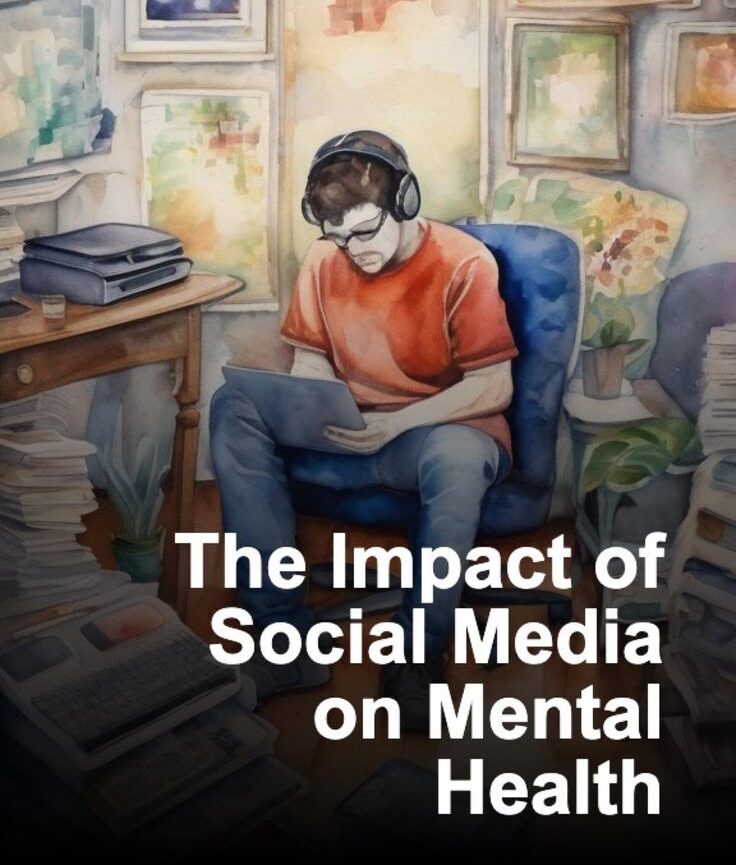In May 2024, there was a traumatic incident in Acacia Ridge, Brisbane, which resulted in the premature death of 19-year-old Abddullahi Ahmed Iyow. Australian Murder Case 2025, which reached a major court decision in April 2025, has attracted extensive media coverage because of its viciousness and the information it provides on youth violence, mental illness, and the Australian justice system.

The Incident: A Fatal Encounter in Acacia Ridge
May 17, 2024, was a day that turned into a nightmare for the peaceful suburb of Acacia Ridge. Abddullahi Ahmed Iyow was brutally assaulted by a 17-year-old friend, whose name is not revealed because of legal safeguards for minors. The attacker, who was allegedly enraged over a trivial argument over a broken phone, attacked Iyow during the day. The altercation grew more intense by the minute, leading to Iyow being stabbed repeatedly with a hunting knife. Although rushed to the hospital and operated on, Iyow died a month later, on June 17, 2024.
The Assailant: A Troubled Youth
The history of the perpetrator showed that he had a background of instability and violence. He was a refugee from East Africa who struggled to fit in in his new environment. There were reports of his involvement in gangs and drug use, such as daily cannabis and prescription drug use. Throughout the court hearings, psychologists pointed to the teenager’s fixation on knives and violent films as evidence of an ingrained interest in aggression.
The Court Proceedings: Seeking Justice
The trial commenced early in 2025 and was completed in April. The prosecution portrayed a heartless attack, highlighting that the stabbing was planned and unprovoked. Eyewitnesses narrated the hair-raising instant when the teen attacked Iyow without any warning. The security footage attested to this, depicting the victim trying to run away before falling.
In contrast, the defense argued for leniency, citing the assailant’s traumatic upbringing and mental health issues. They claimed he lacked full comprehension of his actions due to psychological disturbances.
However, the judge imprisoned the teenager for 12 years with an eight-year non-parole period. The decision was met with diverse reactions. While some members of the community appreciated the ruling, others believed that it did not go far enough to capture the seriousness of the offense.

Public Reaction: Grief, Outrage, and Reflection
The Australian community reacted with a mix of shock and anger. There were vigils in memory of Abddullahi Ahmed Iyow, and friends and relatives demanded that more be done to stop young people’s violence. Campaign groups stressed the need for improved mental health services and community programs to counsel troubled adolescents.
Social media was filled with condolences for Iyow, describing him as a respectful and humble young man who had a promising future. Hashtags such as #JusticeForAbddullahi went viral on platforms such as Twitter and Instagram, reflecting the immense reach of the tragedy.
Understanding Youth Violence in Australia
The case has initiated a national debate regarding youth violence. Specialists contend that several factors lead to such conduct, such as socio-economic difficulties, absence of parental guidance, peer pressure, and mental illness. The government subsequently announced reviews of youth justice policy and additional funds for early intervention programs.
Statistics indicate a disturbing trend in youth offenses throughout the cities of Australia. Knife-related incidents and gang involvement are especially on the increase. Although the overall crime rate is stable, violent offenses among juveniles have risen by 15% over the last three years. Australian Murder Case 2025
Mental Health and the Role of Social Media
The second aspect of the case concerns the role of violent material on the web. Investigations discovered that the attacker regularly viewed violent videos and celebrated violent behavior on various social media sites. Mental health experts emphasize the need to be mindful of cyber consumption, particularly among susceptible adolescents.
Also, there is increasing concern regarding the accessibility of weapons to children. In spite of stringent laws, most children find it easy to obtain knives and other harmful objects. This has prompted increased demands for enhanced enforcement and public awareness campaigns.

The Legacy of Abddullahi Ahmed Iyow
Though the legal chapter of this saga is closed, the effect of Abddullahi’s passing still echoes on. Schools, community organizations, and leaders have begun programs in his name. These include youth workshops, peer mentoring programs, and anti-violence campaigns. Australian Murder Case 2025
His family, while left in shock, has shown a willingness to channel their pain into purpose. They’ve started a foundation dedicated to helping young people who hail from migrant backgrounds, with a particular emphasis on education, mental health, and community involvement.
What Can Be Done Moving Forward?
Preventing future tragedies requires a collective effort. Governments, schools, families, and communities must work together to identify at-risk youth and provide them with the support they need. Education plays a crucial role in shaping young minds, and inclusive programs can make a lasting difference.
In addition, the fundamental causes of violence—poverty, trauma, and loneliness—need to be addressed. Law enforcement agencies can do only so much; prevention through early intervention and assistance works much better. https://theechowriters.com/category/news/
Conclusion: A Wake-Up Call for the Nation
The Australian Murder Case 2025 is not merely a sad news report. It is a harsh reminder of the vulnerabilities in our society, particularly among young people. Through an understanding of the circumstances surrounding the death of Abddullahi Ahmed Iyow, we can hope to create a safer, more empathetic community. https://www.abc.net.au/news/2025-04-07/acacia-ridge-fatal-stabbing-murder-sentence-supreme-court/105145570
Let this case be a wake-up call—a call to action for improved mental health treatment, responsible media viewing, and more robust support systems within the community. Abddullahi’s legacy, while born of tragedy, may well bring about the change necessary to safeguard future generations.